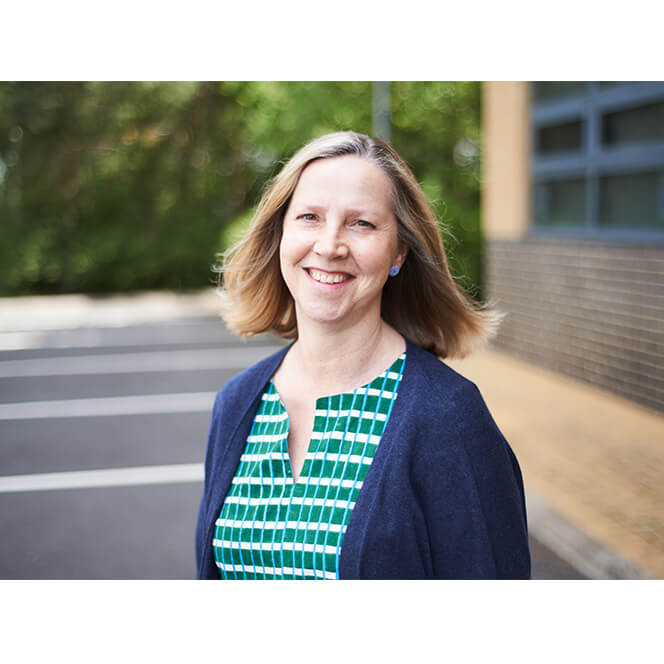I cannot end 2020 without remarking on the historic nature of this year but I do also want to send you a message of hope.
The enormity of the impact of Covid on people’s lives is such that terms like ‘pre-Covid’ and ‘post-pandemic’ will no doubt become common parlance in years to come. This virus has been a game-changer, striking in its omnipresence, alarming in its deadliness, startling in the way it has exposed and fuelled inequalities in society. This invisible assassin has wreaked havoc on the global population but the true extent of its fallout is yet to be seen. The pandemic has also turbo-charged R&D in the medical world, fast-tracked technological change, and forced changes to the way we live and work that we could not have imagined a year ago. Sociology and sociologists have a vital role to play in unpicking the detail of the impact of Covid-19 on society in ways that will help to inform future pandemics, which there are sure to be. I can see that this work is happening throughout the sociological community right now by the more than 200 abstracts for the BSA Annual Conference 2021 which reference the pandemic.
For all of the unexpected reasons above, the 70th anniversary conference is going to be a very different and hugely important one that people will remember: the first virtual BSA annual conference, the first after the pandemic, the first with pre-recorded presentations (but each session followed by live discussion), the first without travel, and the first without physical interaction. What research will be unveiled? What will a large virtual conference feel like? What will we say when it’s all over? These are questions I am asking myself. Whatever the answers, all of us that are involved in the 2021 annual conference will be part of a ‘before and after’ moment in the history of Sociology and the Association, which we will learn from and remember for many years to come.
For now, there must be some time to rest, recharge our batteries and reflect on the year. There will have been many dark moments for sure, and not all related to Covid, but there will also be some brighter things to think about and it’s important for our wellbeing that we try to hold onto these. I am grateful and humbled by the very many members who have given their time and energy to supporting the Association during such a challenging year. In wishing them and all BSA members, without whom there would be no Association, a peaceful and restorative break, I’d like to leave you with a seasonal twelve reasons to be cheerful:
- The number of students sitting Sociology A Level exams has been steadily increasing since 2014. There were 38,994 in 2020.
- The number of applications to undergraduate Sociology degree courses has been steadily increasing since 2014. There were 44,840 in 2019.
- The number of accepted applications for undergraduate Sociology degree courses has been steadily increasing since 2013. There were 9,125 in 2019.
- The BSA’s promotional reach for sociology via social media has grown to 25,000 Twitter followers and 13,000 Facebook fans (reaching way beyond our 2,000 membership).
- The BSA website now attracts 13,000 visitors a month.
- The BSA satellite website for pre-tertiary sociology, Discover Sociology, now attracts 16,000 visitors a month.
- We received 60 entries for our A Level prize (this is the highest number ever).
- The Impact Factors for all four BSA journals are up.
- Our President is very active and speaking out publicly on key issues.
- The BSA report on Race and Ethnicity in British Sociology has been well-received and 2021 will see the beginning of the implementation of the recommendations within it.
- 26 of the BSA’s 45 nominations across 8 of the 34 REF 2021 sub-panels were successful.
- Finally, externally, SHAPE (the new acronym to parallel STEM – standing for Social Sciences, Humanities and Arts for People and the Economy / Environment) is gaining ground with input from the British Academy and the BSA has been actively engaging on a BA report to Patrick Vallance, Chief Scientific Adviser to the UK Government, on the impacts of Covid on society.


